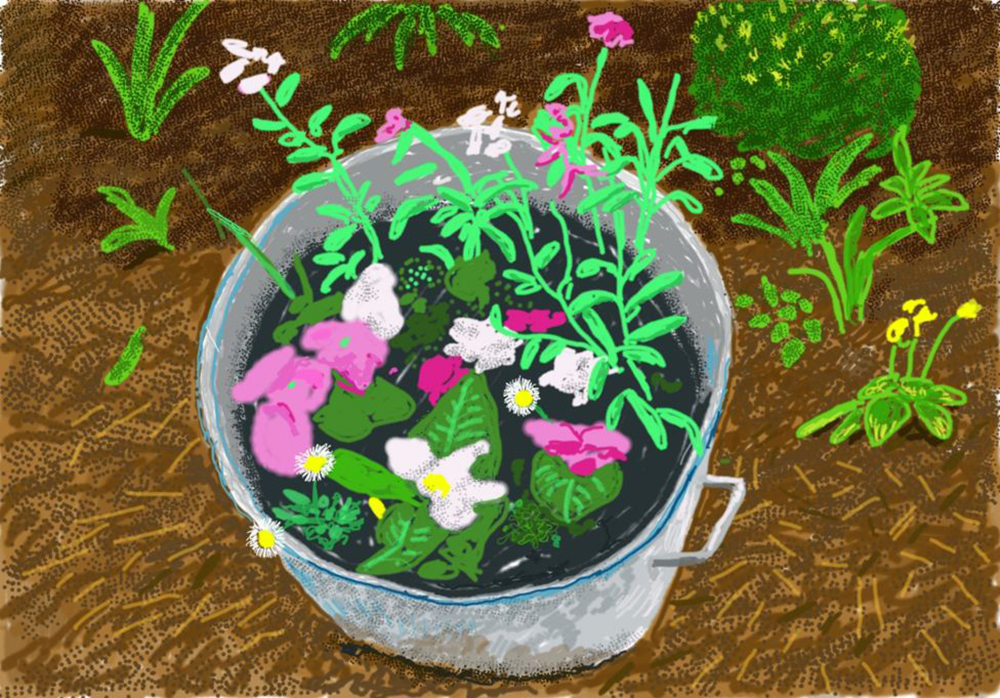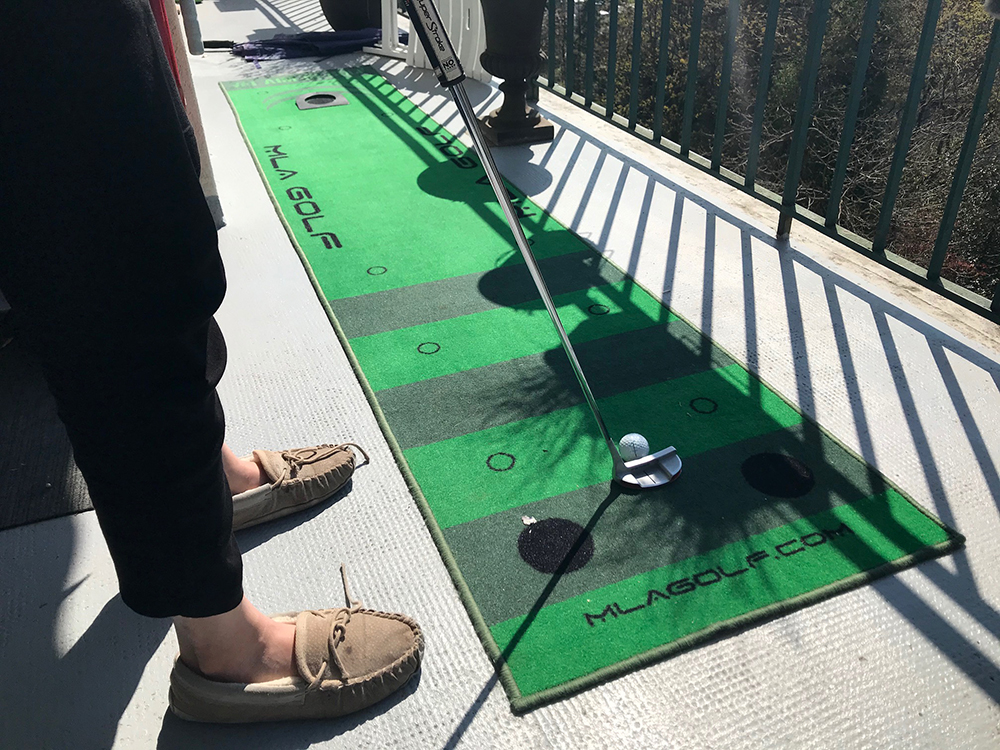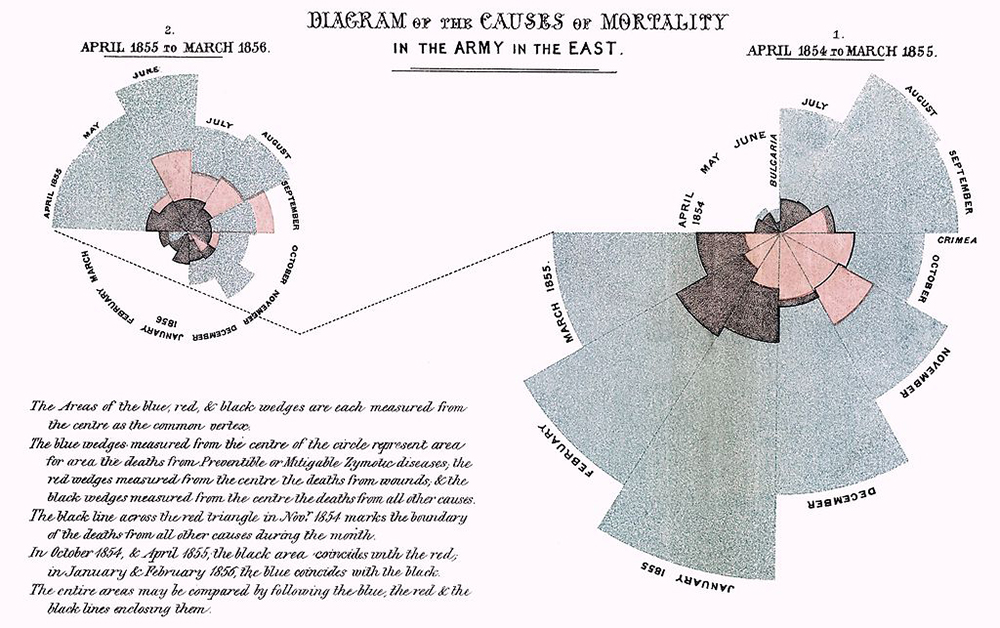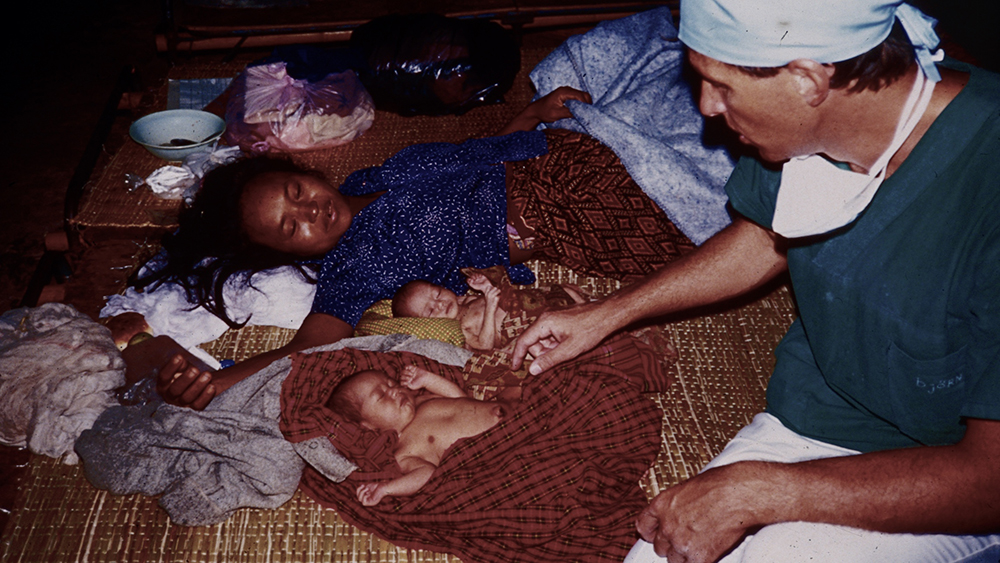Geneva, Thursday 2 April 2020
I woke early today and stood outside with a cup of tea. It was a beautiful crisp morning with a clear sky unblemished by a single jet stream. The birdsong was a full-on symphony. For the third day running, I watched a crow in frenzied pursuit of a red squirrel, chasing up and down the trees in front of our balcony. The former was flapping around hopelessly between the branches unable to get near his prey; the latter was simply far too fast and agile. All would seem to be well in the world.
Yesterday, one great British institution – the BBC – announced that another great British institution – David Hockney – has gone into lockdown at his house in France. At the age of 83, Hockney is still drawing, painting and e-painting. I have never totally fallen for any individual painting of his but I am a huge admirer of the trajectory, output and influence of his lifetime’s work. Particularly admirable is the facility with which he – in his very senior years – has brought all his many and varied styles together in his iPad painting. Here’s one of his garden lockdown scenes e-dashed off in the last few days. Accomplished naïvety!

The Beeb also announced that another monumental British institution has suffered a mortal pandemic blow. Wimbledon! And we had tickets to go with friends of yesteryear. Game, set and match, coronavirus! There is, according to “sources,” little hope for the Open Golf Championship on 16-19 July.
Our putting competition continues despite the spirits being a tad dulled by the incessant stream of disconcerting news. Today, I won again – just – (1 up) taking the running total to 10 games to 4.

“Do you think that one day, if I were no longer around, another man might eventually live in our house?” asks the husband. “It’s possible.” replies the wife. “Do you think that one day, if I were no longer around, another man might eventually cook for two in our kitchen?” he asks. “It’s possible.” she replies. “Do you think that one day, if I were no longer around, another man might eventually share our bedroom?” he asks, slightly anxious. “It’s possible.” she replies. “Do you think that one day, if I were no longer around, another man might eventually use my golf clubs?” he asks really quite perturbed. “Out of the question!” she replies. “He’s left handed!”


